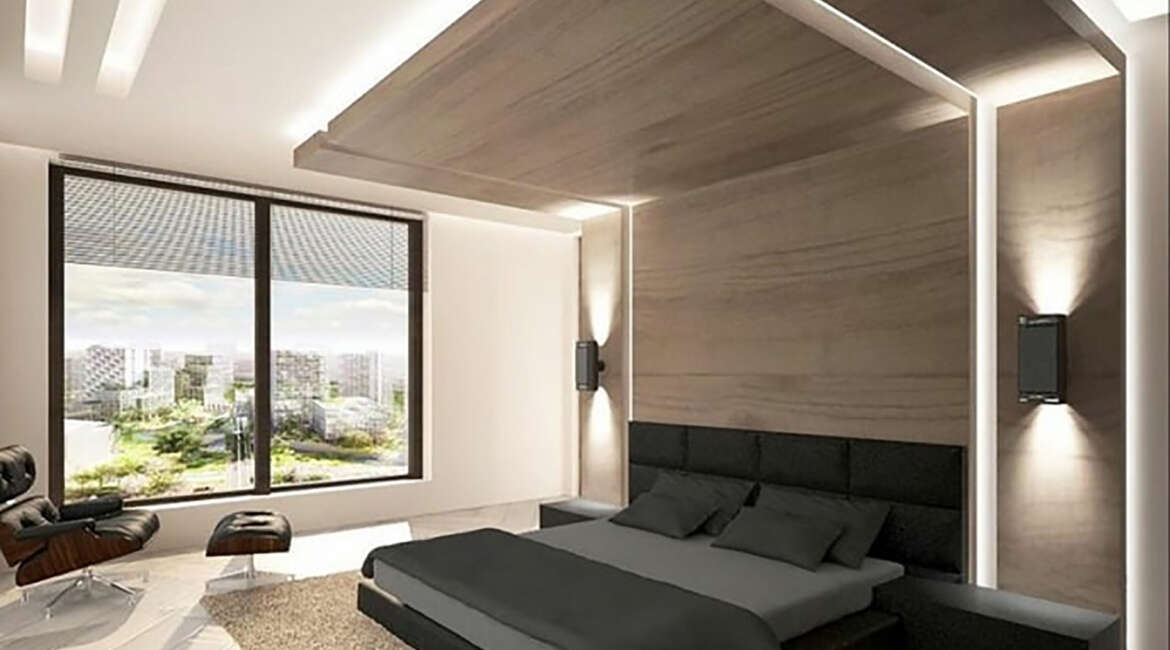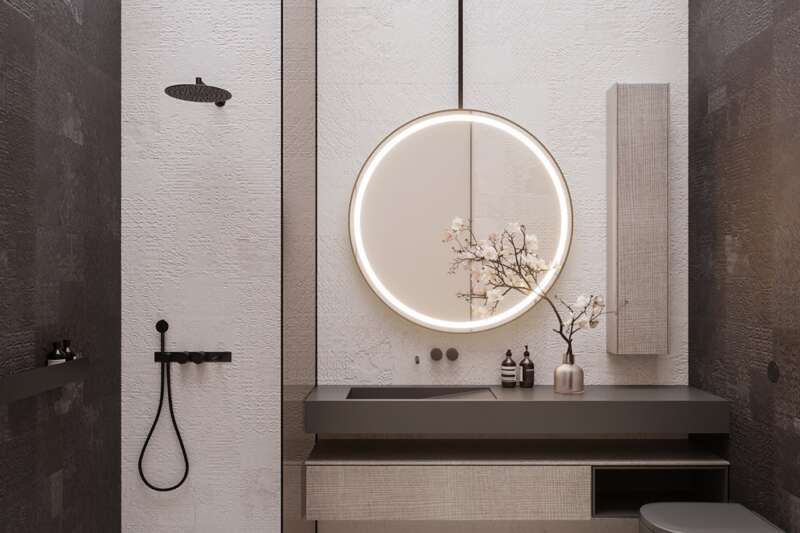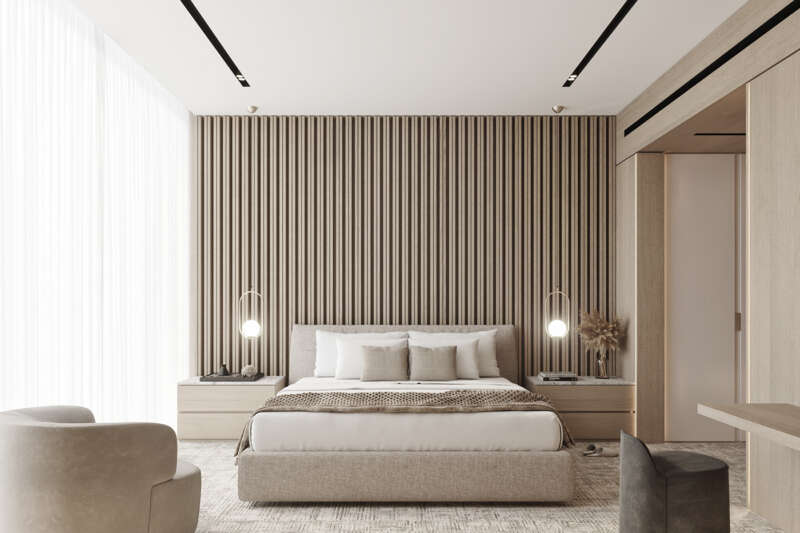Using Color Temperature LED Lighting to Improve Your Sleep
The light sources you use in your home may be affecting your body’s ability to get deep, restful sleep. Learn how to take advantage of your LED lighting to improve sleep and feel more energized in your day-to-day life.
The light sources you use in your home may be affecting your body’s ability to get deep, restful sleep. Learn how to take advantage of your LED Lighting to improve sleep and feel more energized in your day-to-day life.
Light is emitted at different wavelengths and frequencies, correlating to colors on a spectrum. Red lights have a longer wavelength and a lower frequency than blue light. Because of this, red light appears dimmer and warmer. On the contrary, blue light appears brighter and cooler due to its higher frequency.
Different wavelengths and frequencies of light have different effects on the body. Brighter, cooler lights may negatively affect melatonin production, the sleep hormone that is naturally produced by the pineal gland. Additionally, cooler light can disrupt the body’s sleep-wake cycle, also known as the circadian rhythm.
If you think about it, before electricity was invented, people would be awake when the sun was up and resting when the sun was down. Their bodies functioned on a clear schedule. With the advent of electricity, technology, and near constant light stimulation, our bodies can sometimes get confused. (Avoid looking at your cell phone and TV before bed!)
The color temperature of a LED light can be measured on the Kelvin (K) scale. Dimmer, warmer lights are lower in kelvin. Whiter, brighter, and bluer lights are higher in kelvin. LED bulbs are available in a range of 3,000 to 5,000 kelvin — getting brighter and cooler as the value increases.
Now let’s get back to red vs. blue. Since its cooler in color, blue light is higher in kelvin. This is a good thing for certain scenarios, like daytime lighting or task lighting. Think: an office space where you want high levels of productivity and awareness.
On the other hand, red light appears dimmer and warmer. It is lower in kelvin and more beneficial for areas of rest and relaxation. Think: your bedroom where you wind down before bedtime.
Want cozy bedroom lighting that won’t disturb your sleep cycle? Go with a softer, warmer light that’s lower in kelvin, and you’ll be sleeping like a baby in no time.







